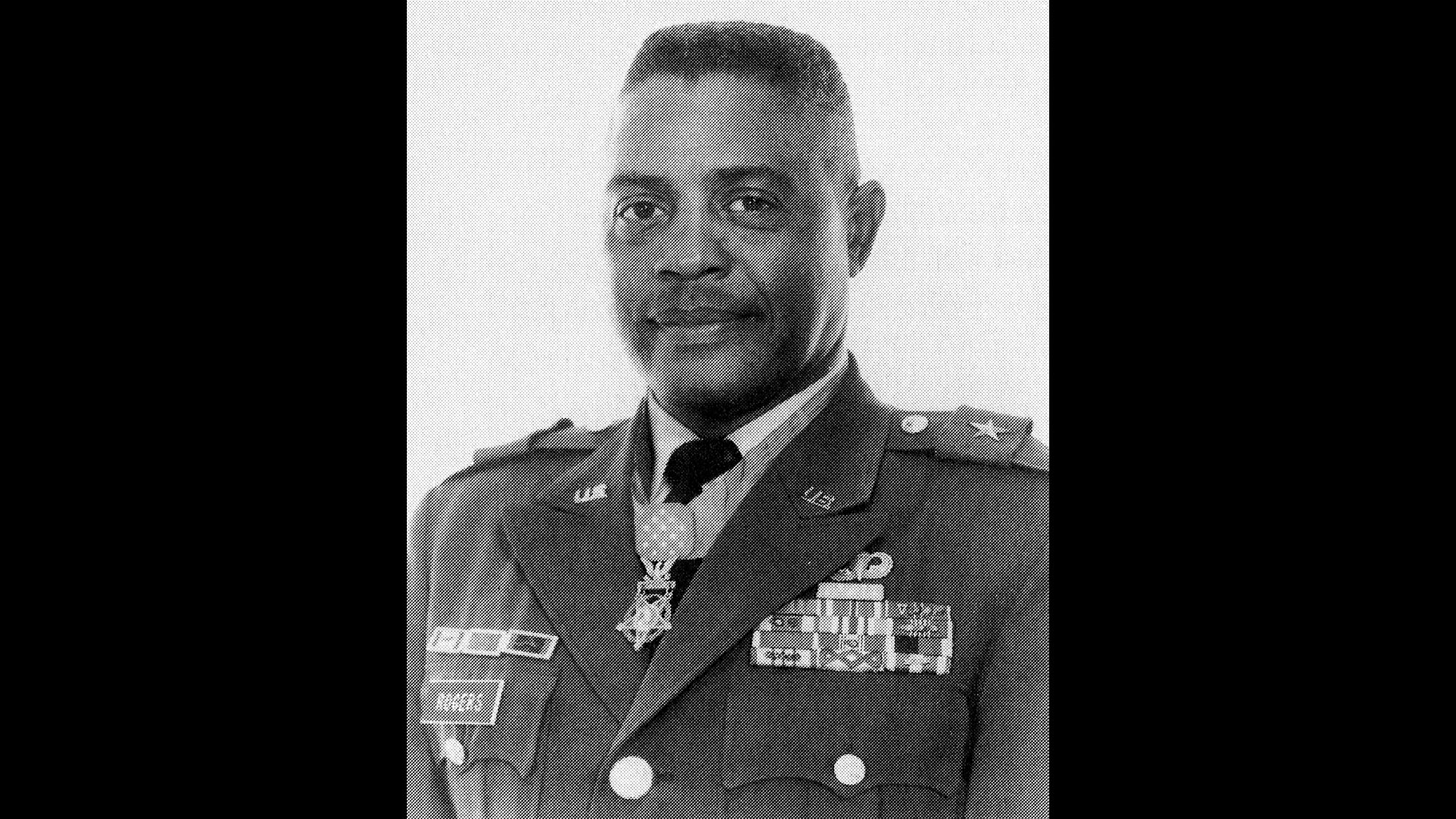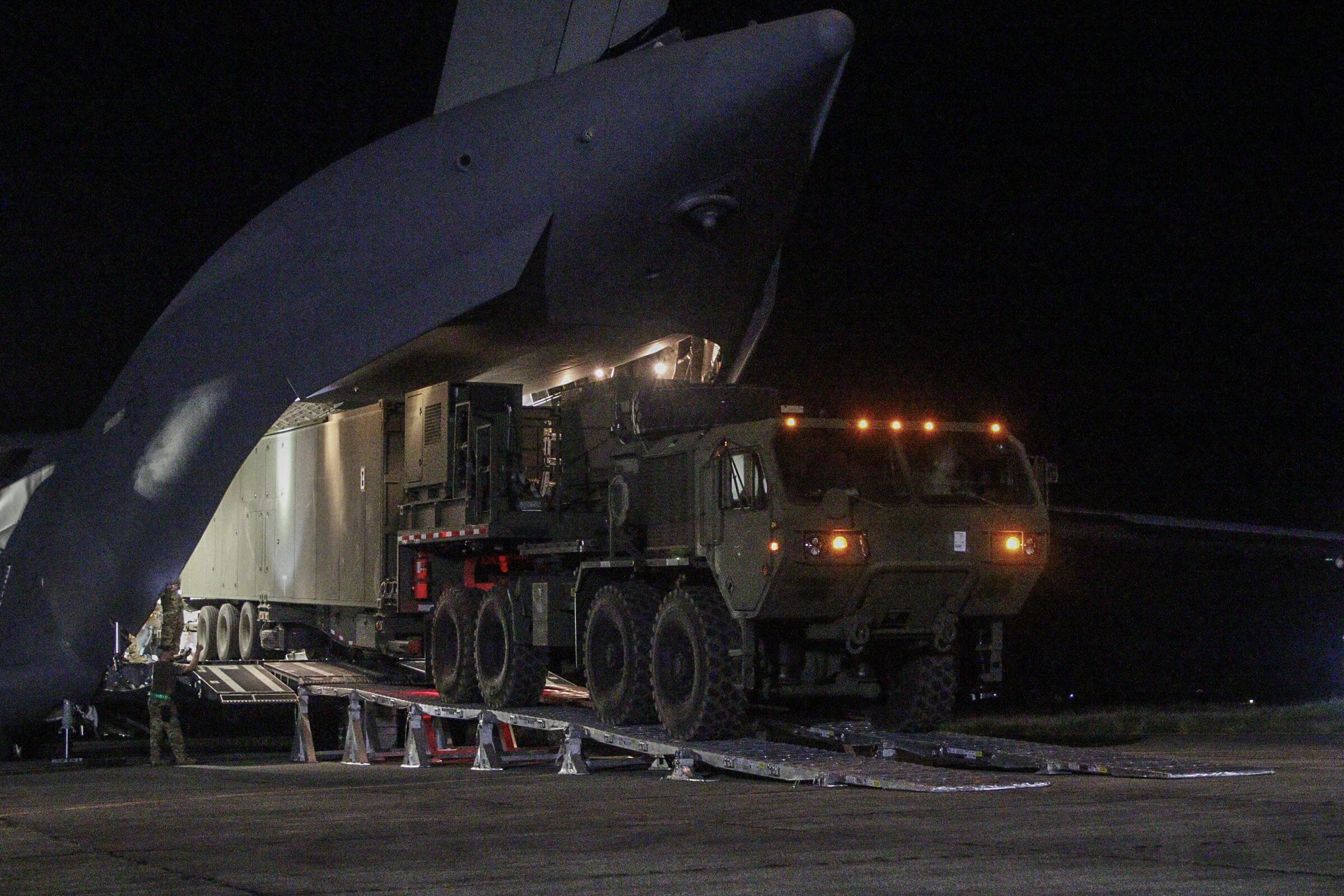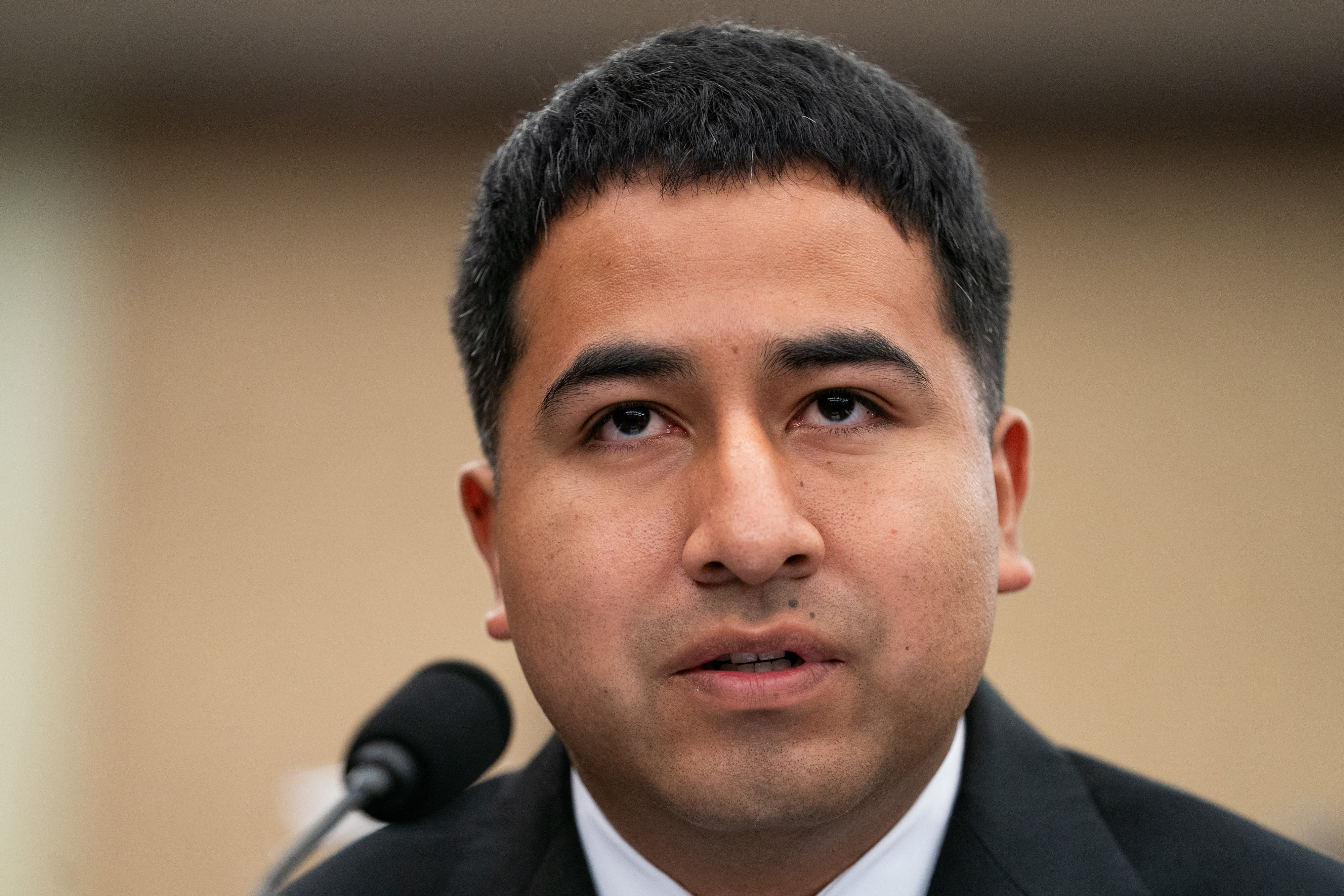The United States military experiences during the First and Second World Wars highlighted the need for quality leadership in the officer ranks. While the American professional officer corps has traditionally been attributed to the training, education, and development of leaders at the United States Military Academy at West Point, that source of commissioned officers could not need the demands of a force at war.
Accordingly, diversity and inclusion became a strategic necessity. Diversity came from land grant educational institutions established by the Land Grant Act of 1862 and associated Reserve Officers Training Corps (ROTC) programs directed by the National Defense Act of 1916. De facto Inclusion arose with Historical Black Colleges and Universities (HBCUs) with their ROTC programs that provided the pool of African American commissioned junior officers into the U.S. military. Exceedingly important in the aftermath of the Second World War was President Truman’s 1948 Executive Order 9981 directive to integrate the U.S. armed forces.
Subsequently in 1951, Charles C. Rogers was commissioned as a lieutenant of field artillery from West Virginia College (an HBCU). In 1980, he was inducted into the inaugural cohort of its ROTC Hall of Fame as an Army general. From humble beginnings as a son of a miner, Rogers excelled as an honor roll student, an athlete as football team quarterback, and a leader elected as student council president in his all-Black high school. Rogers cited his father’s ‘pride in service to country’ as an Army enlisted mail clerk during the First World War. His father’s service motivated Rogers to join the Army even while the Korean War raged on. Rogers couldn’t know the impact of a future conflict in Southeast Asia on his life and military career.
Rogers’ initial assignment upon commissioning was to an all-Black Army field artillery unit stationed in Germany that integrated six months after his arrival. One can imagine the challenges Rogers must have faced in the Army as it transitioned to accept integration in the force and while the nation was undergoing its own struggles during the emerging civil rights movement.
Rogers must have excelled in his two battery commands, and then as Battalion S-3 to be promoted to Major and selected to attend the Army’s Command and General Staff College. Upon graduation in 1964, based on his past performance demonstrated potential, Major Rogers was assigned as S-3 for 24th Division Artillery in Germany, then selected for his first battalion command in Fort Lewis, Washington. He must have been something special to be again be promoted and selected to command 1st Battalion, 5th Artillery with the 1st Infantry Division during combat in Vietnam.
Just how special can be gleaned from the following Army award citation extracts describing his actions in defense of Fire Support Base Rita on the South Vietnam-Cambodian border on 1 November 1968:
“For conspicuous gallantry and intrepidity in action at the risk of his life above and beyond the call of duty. Lt. Col. Rogers, Field Artillery, distinguished himself in action while serving as commanding officer…”
“Lt. Col. Rogers’ dauntless courage and heroism inspired the defenders of the fire support base to the heights of valor to defeat a determined and numerically superior enemy force. His relentless spirit of aggressiveness in action are in the highest traditions of the military service and reflects great credit upon himself, his unit, and the U.S. Army.”
For his actions during the battle in which he was thrice wounded, Rogers received the Medal of Honor presented by President Richard Nixon at the White House on May 14, 1970.
As one of three African-American officer students in the U.S. Army War College Class of 1971 and the one with a Medal of Honor, expectations had to be high. This year 2021 marks the 50th anniversary of Rogers’ graduation from the War College and provides an opportunity to review whether the expectations were met.
Following graduation, Rogers continued with a series of command and higher-level staff leadership assignments. Colonel Rogers assumed command of the 42nd Field Artillery Group in Germany, then was promoted to brigadier general in 1973 to take command of VII Corps Artillery. Major General Rogers returned to the states as the deputy chief of staff for ROTC Programs within the Army’s Training and Doctrine Command. His final assignments were back in Germany serving as deputy commanding General of V Corps and then the United States Army Europe (USAREUR)deputy chief of staff for personnel (DCSPER).
In a 1983 Armed Forces Network (AFN) special presentation honoring his pending retirement, Rogers was reflective and candid as he closed out a military career as he started — as an African-American. He acknowledged “discrimination has been a fact of life in the Army” and that it had “given me opportunities…” His performance and recognition upon seizing such opportunities paralleled that of other HBCU graduates during the 1970s. Notably, Maj. Gen. Frederic Davison, a graduate of Howard University, assumed command of the 8th Infantry Division in 1972. Lt. Gen. Julius Becton Jr., graduated from Prairie View A&M University, commanded the 1st Cavalry Division in Texas, then in 1978 became the commanding general of VII Corps in Germany.
The success of these very talented officers was based on the realization of the value diversity brings to the U.S. military, the essential need for equity of professional opportunities for assignments, promotion, and education, and the inclusion of talented people working toward common goals for the defense of the nation.
Retired Col. Charles D. Allen is professor of leadership and cultural studies at the U.S. Army War College. The views expressed are those of the author and do not necessarily reflect the official policy or position of the Department of the Army, Department of Defense, or the U.S. Government.
Editor’s note: This is an op-ed and as such, the opinions expressed are those of the author. If you would like to respond, or have an editorial of your own you would like to submit, please contact Military Times managing editor Howard Altman, haltman@militarytimes.com.





